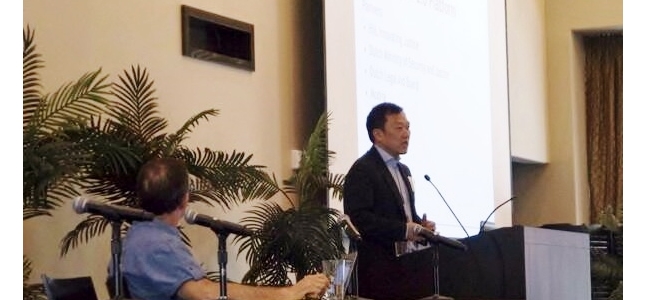The field of ODR has matured. That much became clear during the ODR 2014 conference in San Francisco and Palo Alto last week. The line up included names like Mitch Kapor, Charley Moore (founder and CEO of Rocket Lawyer), Kent Walker (General Counsel of Google), Jim Silkenat (President of the ABA), Geoff Brigham (General Counsel of Wikimedia) and many more. Topics they covered ranged from reputation and trust issues for businesses to IP and privacy issues and the use of IT in government. Indeed, the term ODR is linked to a broad range of topics.
During my fourth ODR conference (hosted by UC Hastings and Stanford Law School), I got the opportunity to share the podium with Peter Salem of the Association of Family and Conciliation Courts. We discussed online dispute resolution for family and divorce issues. An issue I have been working on for the past ten months with the Rechtwijzer platform, which goes live this fall.
I was happy to see how the Rechtwijzer platform seemed to show the potential for ODR in their field to judges, lawyers, ADR and ODR experts in the audience. ODR for family and divorce issues often runs into scepticism. Most people do not see how ODR can work for such a complicated and emotional dispute as divorce. Even ODR experts seem to think there are very limited opportunities for moving in that direction. Maybe it is because of its value proposition and subsequent design principles.
The notion of ODR emerges from the field of e-commerce and was first put to practice by Ethan Katsh. Its potential really became visible when Colin Rule made it work at eBay and PayPal, where the resolution center processes about 60 million disputes between buyers and sellers per year. Indeed ODR is often seen as appropriate for low value, high volume cases. As the presentations during the ODR 2014 conference also showed, the value proposition of ODR has always been that it helps people to get fast, fair and efficient dispute resolution. Automation and extreme simplification of processes This is especially appealing for people with a small claim for whom the legal system is not an attractive option.
An ODR platform for family and divorce issues needs a different value proposition and design principles.
Fast, fair and efficient seems an appropriate value proposition for transactional disputes. But it does not connect with the daily realities of divorce professionals working in mediation, in our courts or otherwise to help people at this difficult moment in their lives. The people who experience how emotions play an important role in coping with divorce. See the full complexity of getting to a divorce agreement that is built to last. That achieves the best for the children, the separating spouses and others involved. Or who see the pro se litigants file for a divorce in their court who go unrepresented because they either cannot afford a lawyer or want to stay in control of their process. Fast, fair and efficient seems inappropriate for relational disputes.
Let us acknowledge it: divorce is tough and the divorce process is complex and difficult. Technology in no way will be able to make it fast and efficient nor should it aspire to do such. But it can help people by providing structure for reflection, communication and solution-building. And by providing information, model solutions and support tools. The value proposition of ODR for relational disputes should rather be about an interest-based, empowering, fair and sustainable process and result: Divorce is tough. We will empower and support you throughout the process.
From the responses I got to my presentation I take we seemed to have been able to translate this to a design of a platform that can make this work. For divorcing people and the professionals that help them. Following a process of co-creation with judges, lawyers and mediators. And of continuous user-testing. Gradually working towards ODR that works for relational disputes.

